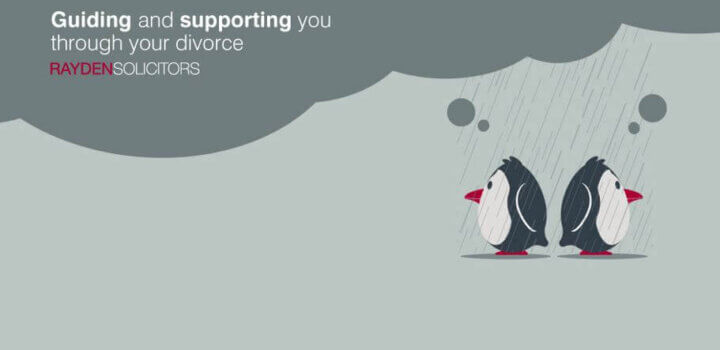One would hope that most couples who make the decision to marry believe it is forever. Sadly, this is not always the case.
It is not unusual to be swept up in the excitement of being engaged and planning a wedding, which temporarily masks any feelings of doubt or second thoughts. But what happens when the buzz of the wedding is over and you realise you don’t want to spend forever with the person whom you have just tied the knot?
HOW LONG DO I HAVE TO WAIT TO DIVORCE?
It may come as a relief to know that a divorce can be obtained after 12 months of marriage. Now, under the Divorce, Dissolution and Separation Act 2020, which came into effect on 6 April 2022, there is no longer a requirement to be separated for two years before applying for a divorce by consent. The only requirement is that the relationship must have “broken down irretrievably”. No other reason for the divorce needs to be recited in the divorce application, which will hopefully save (at least some) ill feeling. There is the added option of the divorce application being made solely or jointly.
The various stages of obtaining a Final Order should be noted. One of the changes that came in with the new divorce law is that, after issue if the initial divorce application, there is a 20 week and 1 day period before the Conditional Order can be applied for. This may seem frustrating to most but is aimed to provide a period of reflection. It can also be used as an opportunity to discuss the financial aspect of the divorce.
WHAT HAPPENS TO OUR FINANCES AFTER THE DIVORCE?
With short marriages (one to five years) there will naturally be less “mingling” of both parties’ finances. The starting point is to look at what assets have been accrued during the marriage. It is important to bear in mind that this includes any period of cohabitation before the date of the marriage. Assets that have been accrued during the marriage are likely to be shared equally and each party is likely to be able to keep the assets that they brought into the marriage.
If one party earns more than the other, only in very limited circumstances would the lower earning party receive any spousal maintenance. It is also unlikely that pension savings would be shared. Parties should be able to achieve a clean break which means that they have no future claims against each other.
If there are children who have been born during the marriage, their needs will always be the primary consideration. It will have to be assessed whether one party has a greater financial need than the other. This may lead to a justification for a departure from equality when determining the division of assets, particularly where one party is the primary carer of the children. There is no “one size fits all” when assessing needs. It very much depends on the individual circumstances of the case.
For further advice on short marriages, please contact us to speak to a member of the team.








